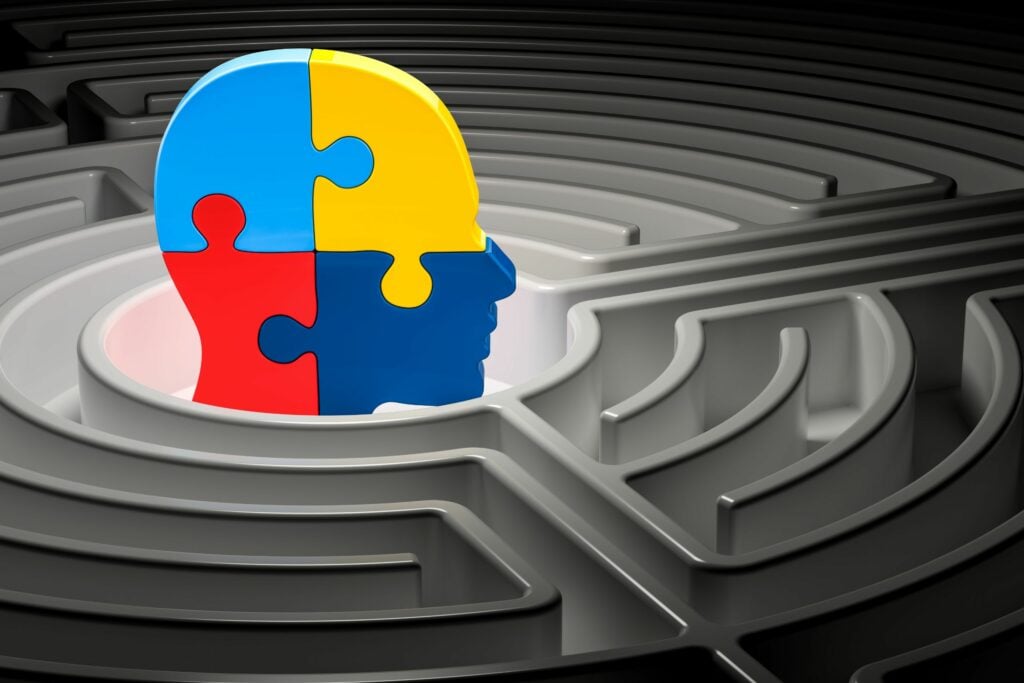Cognitive Behavioral Therapy (CBT) is a groundbreaking therapeutic approach that has been widely recognized for its effectiveness in treating a range of psychological disorders. When combined with Intensive Outpatient Programs (IOP), the results can be transformative. In this detailed exploration, we delve into how CBT operates within the framework of IOP treatment and the multitude of benefits it offers.
Understanding CBT
Before diving into the interplay between CBT and IOP, it’s essential to understand CBT’s core principles. Cognitive Behavioral Therapy is a short-term, goal-oriented therapeutic approach that focuses on the relationship between thoughts, feelings, and behaviors. It emphasizes identifying and challenging negative thought patterns, replacing them with healthier ones, and subsequently influencing positive behavior change.
The Rationale Behind Integrating CBT into IOP Treatment
Intensive Outpatient Programs are treatment programs that allow individuals to seek help for their psychological or addiction issues without committing to residential care. The flexibility of IOPs makes them an attractive option for those who want intensive treatment but also need to continue with their daily activities.
Given its structured, intensive nature, CBT seamlessly integrates into the IOP framework. Here’s why:
- Time-Efficient: CBT’s short-term nature aligns well with IOPs, providing tangible results within the typical IOP treatment duration.
- Evidence-Based: Both CBT and IOP have extensive research backing their effectiveness, making their combination a powerful therapeutic tool.
- Flexibility: CBT can be adapted to cater to individual needs, fitting well into the personalized approach of IOPs.
Benefits of Integrating CBT into IOPs
- Holistic Approach: Combining CBT with IOP treatment ensures that individuals receive comprehensive care that addresses the root causes of their disorders and offers practical strategies for managing symptoms.
- Supportive Environment: IOPs offer group therapy sessions where individuals can practice the cognitive-behavioral techniques they’ve learned in a supportive, real-world context.
- Skill Development: CBT focuses on equipping individuals with practical skills to manage their disorders. Within an IOP setting, individuals have more opportunities to hone these skills through repeated sessions and exercises.
- Improved Long-Term Outcomes: Integrating CBT into IOPs has shown to reduce relapse rates and promote longer-lasting recovery.
How CBT Operates in IOP Treatment
In an IOP setting, CBT is typically introduced through both individual and group therapy sessions:
- Individual Sessions: Personalized strategies are crafted to address an individual’s unique challenges and thought patterns. Progress is monitored closely, and therapy is adjusted accordingly.
- Group Sessions: Individuals learn from others’ experiences, gain insights into shared challenges, and practice CBT techniques in a group context, fostering a sense of community and shared progress.
CBT in Adolescent IOP and Teen IOP: A Focused Approach for Young Minds
Navigating the tumultuous years of adolescence requires support, understanding, and often, specialized therapeutic interventions. Recognizing this, the Adolescent IOP (Intensive Outpatient Programs) and Teen IOP have emerged as vital resources. Central to these programs is the integration of Cognitive Behavioral Therapy (CBT), a structured, goal-oriented therapy that focuses on changing negative thought patterns and behaviors. Tailored to resonate with the challenges faced by those aged 12 to 18, CBT within these IOPs offers adolescents and teens tools to understand and modify their reactions to stressors. Through relatable scenarios, engaging sessions, and peer group interactions, young individuals gain not just coping mechanisms but also essential life skills and enhanced self-awareness. In the delicate phase of identity formation and self-discovery, the combination of CBT with Adolescent IOP and Teen IOP provides a robust framework for holistic growth and resilience-building.
Real-World Examples
Consider an individual with anxiety disorders. Through the CBT-focused IOP, they learn to identify triggers, understand their negative thought cycles, and employ relaxation techniques. In group sessions, they can share their challenges, learn from peers, and collectively practice coping mechanisms.
Similarly, someone battling addiction would be taught to recognize the cognitive distortions that justify substance use. They’d then learn and practice healthier coping strategies, both individually and within the group, ultimately reducing their dependence.
IOP Treatment in Chattanooga, TN
The synthesis of Cognitive Behavioral Therapy with Intensive Outpatient Programs signifies a beacon of hope for countless individuals seeking effective, flexible treatment. By harnessing the structured, evidence-backed strategies of CBT within the nurturing environment of an IOP, individuals are equipped with both the insights and practical tools they need to foster genuine, lasting change.
For anyone considering therapy or treatment for psychological disorders or addiction issues, understanding the powerful combination of CBT and IOP treatment can be the first step towards a brighter, healthier future. If you or a loved on are struggling with mental health or addiction call Iris Wellness Group at 423-460-9766.










